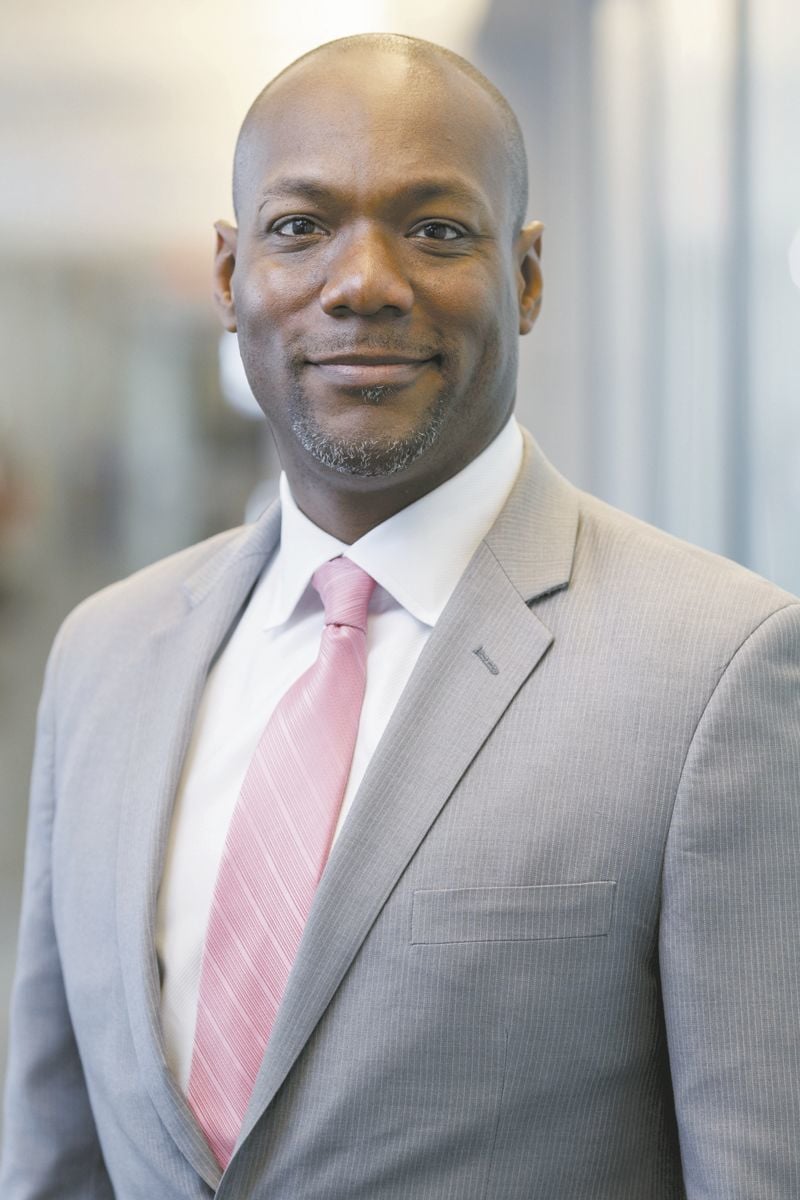
Suppose for a moment that the Constitution, at its inception, limited presidents to two terms in office. Suppose further that George Washington rejected this provision and decided to run for a third term. One can imagine there being relatively little resistance to him doing so. Of course, even if the opposition was formidable, the founding father who James Thomas Flexner dubbed “the indispensable man” likely would have had his way.
Counter-factuals can be instructive thought experiments. “What if” connotes endless possibilities. Some are fascinating; others are terrifying. Of course, the Constitution did not prohibit George Washington from running again. Yet, despite the urging of his supporters (and having been unanimously elected twice), Washington declined. With the American Revolution in living memory, he was concerned about establishing a monarchy-like presidency.
Washington’s second inaugural speech – the shortest in our history – is profound both in its pithiness and in its prescience:
“I am again called upon by the voice of my Country to execute the functions of its Chief Magistrate. When the occasion proper for it shall arrive, I shall endeavour to express the high sense I entertain of this distinguished honor, and of the confidence which has been reposed in me by the people of United America.
Previous to the execution of any official act of the President, the Constitution requires an Oath of Office. This Oath I am now about to take, and in your presence: That if it shall be found during my administration of the Government I have in any instance violated willingly, or knowingly, the injunction thereof, I may (besides incurring Constitutional punishment) be subject to the upbraidings of all who are now witnesses of the present solemn Ceremony.”
Of course, history usually renders irrelevant the question of “what if”; we must deal with things as they are as opposed to how they might have been. Last week marked the third anniversary of the traitorous attempt to overturn the 2020 election. Former President Donald Trump fomented that insurrection; many members of the January 6th mob have testified that they acted because Trump “told them to do so”. None of us will ever forget those events as they unfolded. It turns out that the revolution was televised; it simply failed.
Unlike Washington, Trump craves political power much as an addict craves heroine. His obsessiveness regarding his loss compelled him to write the following on his Truth Social platform: “A Massive Fraud of this type and magnitude allows for the termination of all rules, regulations, and articles, even those found in the Constitution. Our great ‘Founders’ did not want, and would not condone, False & Fraudulent Elections!”
Would the founders condone a former president who advocated “termination of” provisions in the Constitution?
The crucial question before the nation today is whether Trump will be declared ineligible to be on ballots due to his potential violation of Section 3 of the 14th Amendment. The Supreme Court will decide that question. If the Court finds that he did violate the provision, Trump obviously would not become president. Of course, this Supreme Court is loathe to weigh in on what it views as “political questions”, especially given that Donald Trump appointed three of them. I predict that they ultimately will punt the decision to Congress, especially given that it is extremely unlikely that any of the justices would recuse themselves.
Some people, including some who strongly oppose Trump, argue that voters should decide elections – not judges. I agree. However, the issue of Trump’s eligibility to run for the presidency hinges on a constitutional question. That, of course, is something for judges to resolve. Voters do not adjudicate constitutional questions; judges do – or more accurately, justices – do.
Given recent decisions in Colorado and Maine, I understand the legitimate concern regarding America becoming a nation in which the party in power can arbitrarily keep their opponents off the ballot. This is precisely why the Supreme Court, which is ostensibly non-partisan, must execute its constitutional duty. Deciding such questions “without fear or favor” will be extremely uncomfortable for at least some of them; but decide they must. The judicial system that Trump and his supporters say treats him unfairly has repeatedly given him legal victories. I am skeptical that his luck will change.
Many people are rightly concerned about the abandonment of political and legal norms. I don’t believe this to be, strictly speaking, a partisan issue. There are Democrats who strongly oppose Trump but believe that he should be able to run. Then there are those who believe, as I do, that Donald Trump poses a unique challenge to our democracy. Assuming that Trump ultimately will remain on the ballot everywhere, this election will largely be a referendum on that particular question.
The presidential election is a mere 11 months away. In the end, the fact is that we either are a nation of laws or we are not. Well-meaning people who cannot stand Donald Trump (e.g., David Axelrod, Chris Christie) need to wake up to the fact that neither he nor those who still support him care about playing by the rules – including the rule of law. I pray that this insanity is halted before we are forced to find out.








